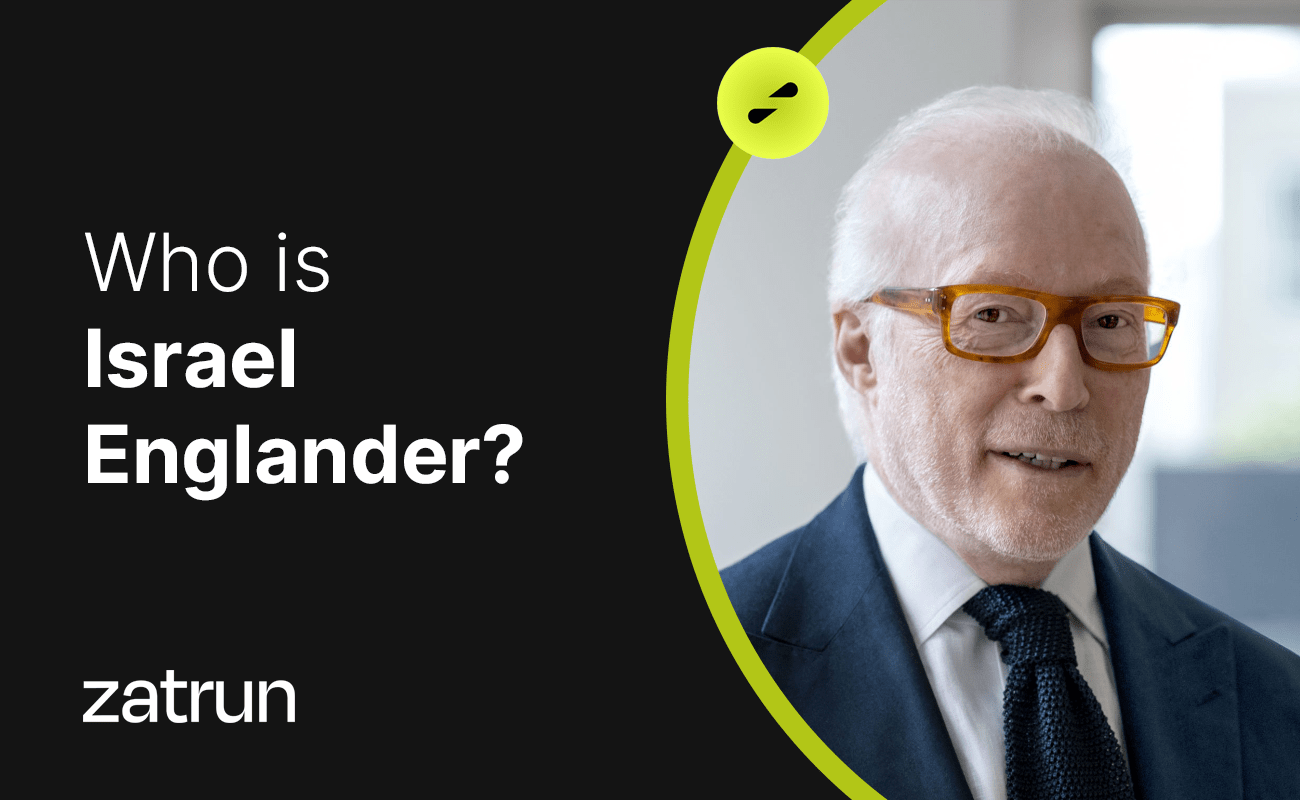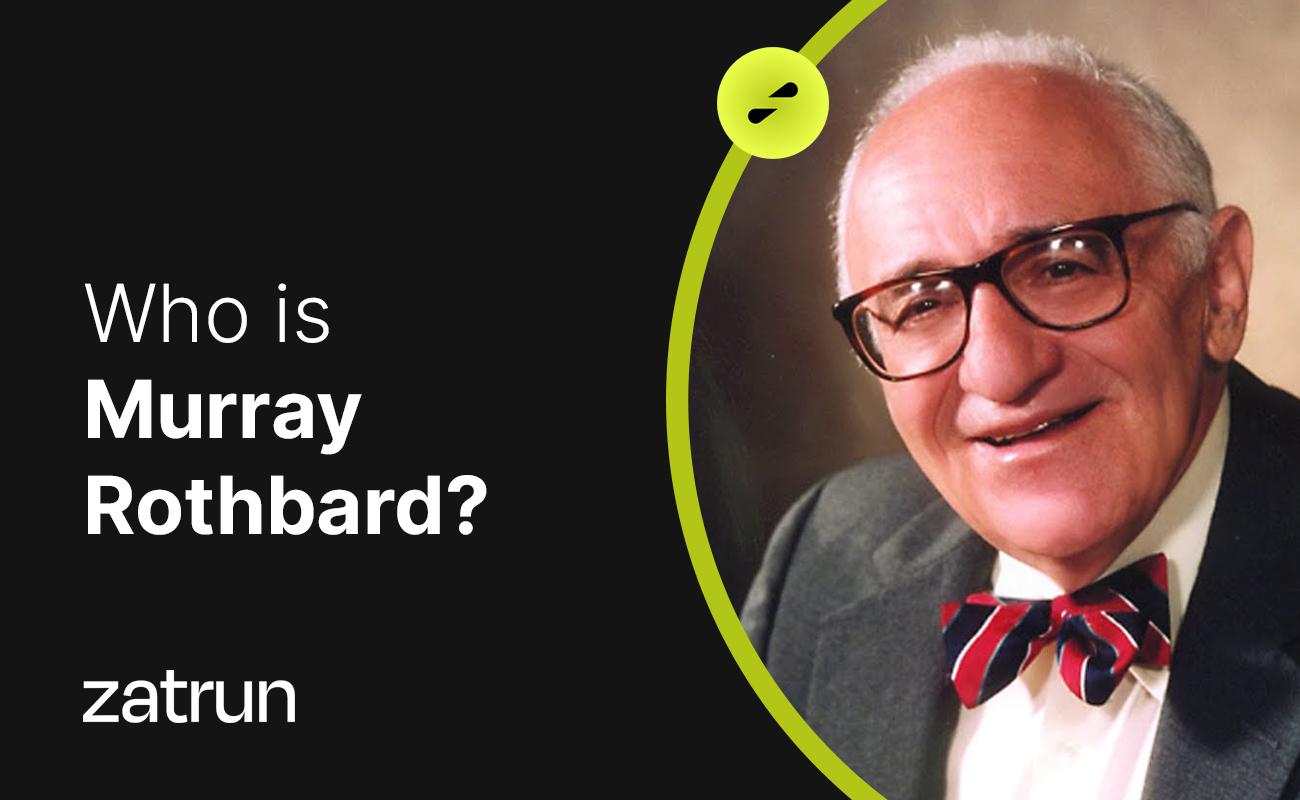Andrey Korotayev is a Russian anthropologist, demographer, sociologist, and economist, born on February 17, 1961. He is known for his significant contributions in world-system theory, cross-cultural studies, Middle East history, Big History, and mathematical modelling of social and macroeconomic dynamics.
Korotayev has adopted an interdisciplinary approach in his work and has created important bridges between different disciplines, making a significant impact in various fields. If you want to learn more about him and his achievements, you can explore the subheadings in this Zatrun.com article. Enjoy the read.
Who is Andrey Korotayev?
Andrey Korotayev was born in Moscow in 1961 and started his education here. He completed his master’s degree in economics at Moscow State University in 1984. He earned his PhD degree from the University of Manchester in 1993 and the title of “Doctor of Science” from the Russian Academy of Sciences in 1998.

Korotayev has been working as a professor and director at the Center for Oriental Anthropology at the Russian State University in Moscow since 2000. He also continues to work as a senior research professor at the Institute of Oriental Studies and the Institute of African Studies at the Russian Academy of Sciences. He directed the “Oriental Anthropology” program at the National Research University (HSE) in Moscow from 2001-2003. He currently serves as the Head of the Laboratory for Monitoring Socio-political Destabilization Risks at this university.
Korotayev received an award in the field of “Best Economists of the Russian Academy of Sciences” from the Russian Science Support Foundation. He was also awarded the Gold Kondratieff Medal by the International N.D. Kondratieff Foundation in 2012.
His Academic Contributions
Andrey Korotayev has written hundreds of works through his various research, which has contributed significantly to various fields of study. For example, he studied Heinz von Foerster’s Doomsday Equation and collaborated with other scientists to develop predictive models for the future of world development. He applied a mathematical model, together with Alexander Markov, to predict biological evolution and diversity.

In the field of Cliodynamics, he developed mathematical models to understand social systems and determine conditions where conflict is more likely. His success in this field has garnered attention. He has also conducted research on the origins of Africa, the Middle East, and Islam. At 62 years old, Korotayev has received awards such as the Russian Science Support Foundation Award and the Gold Kondratieff Medal for his academic work.












